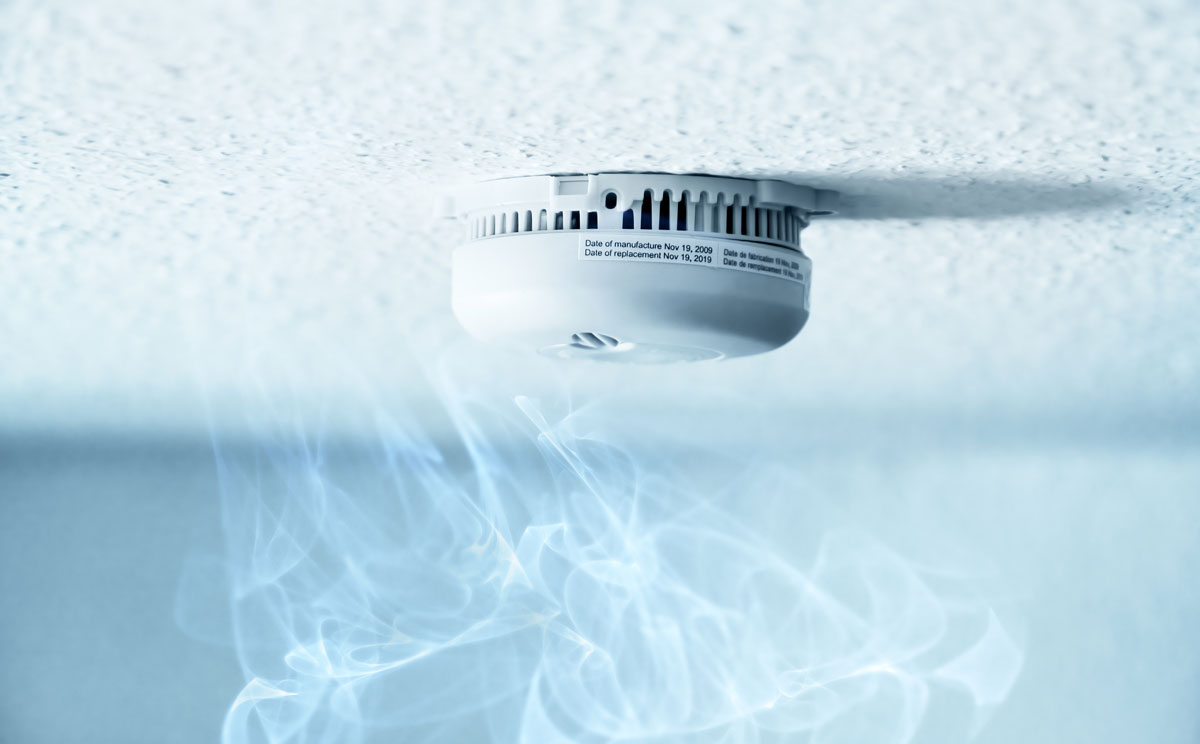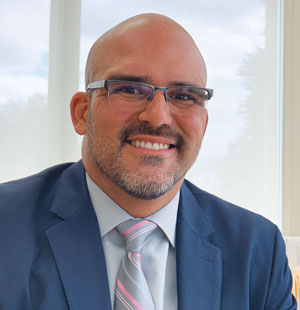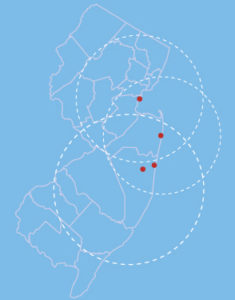Fire Safety for the Special Needs Population-Training starts from school to home

According to the U.S. Fire Administration, there are approximately 1,700 home fires involving people with mental disabilities. Cooking is the leading cause of home fires and Thanksgiving is the leading day for fires involving cooking equipment. Stay in the kitchen when you are frying, boiling, grilling, or broiling food. If you are simmering, baking, or roasting food, check it regularly and stay in the home. Keep anything that can catch fire away from your stovetop.
In case of fire in the home, make sure to prepare your family to take these important steps:
Listen for Smoke Alarms
Make sure everyone in the home can recognize the sound of the smoke alarm and knows how to respond quickly. A smoke alarm makes a “beep, beep, beep” sound whenever it senses smoke. Smoke alarms with a vibrating pad or flashing light are available for people who are deaf or hard of hearing. Smoke alarms with a strobe light outside the home to catch the attention of neighbors, and emergency call systems for summoning help, are also available.
When the smoke alarm sounds, everyone should leave the home immediately. Everyone in the house must understand that the sound of the smoke alarm indicates danger. Also make sure your smoke alarms are properly installed and maintained. Smoke alarms should be installed in every sleeping room, outside each separate sleeping area, and on every level of the home, including the basement. Test smoke alarms at least once a month using the test button.
Know Your Home Fire Escape Plan
In case there is a fire, your family should have a plan to get out of the home quickly. Every room in the home needs at least two ways out. One way out would be the door and the second way out may be another door or a window. Take children to each room and show them the two ways out. Designate someone to help children, older adults, and people with disabilities get out. But also teach children how to escape on their own in case you cannot help them. Plan your escape around your family’s capabilities. If a family member uses a walker or wheelchair, check all exits to be sure you can get through the doorways. Being on the ground floor and near an exit will make their escape easier. Make any necessary changes, such as installing exit ramps and widening doorways, to make an emergency escape easier.
Every home fire escape plan needs an outside meeting place at a safe distance from the home. A good meeting place might be a neighbor’s home, a street light, a mailbox, a neighborhood store, or a special tree. Everyone in the family should plan to go to the meeting place to be together and check that everyone is safe.
Contact your local fire department's non-emergency line and explain your family’s special needs. They can suggest escape plan ideas and may perform a home fire safety inspection if you ask.
Practice Your Fire Escape Plan
Before a fire strikes, families should practice their home fire drill at least twice a year. Home fire escape practice should include the following steps:
- Push the smoke alarm button to start the drill.
- Get up and walk quickly, but don’t run. Also practice what to do in case there is smoke: Get low and go.
- Remember to know two ways out of every room. Practice using different ways out and closing doors behind you as you leave.
- Get outside fast. Time yourself and try to beat your record.
- Go to your outside meeting place with your family. Stress that there is no going back for people, pets, or things.
- Pretend-call 9-1-1 or the local emergency number from a cell phone or a neighbor’s phone.

Alpha School an private special education school in New Jersey
Our Mission at The Alpha School is to help all of our special needs students with the learning, social, language, and behavioral support they deserve. Our highly skilled staff are committed daily to helping each student to becoming the best they can while providing a safe and nurturing educational environment.
We would be more than happy to discuss your child’s specific needs and challenges, so please call us at 732.370.1150, or request a tour of Alpha School of Jackson, NJ located just minutes off of Route 9 and Route 195 in Ocean County.
— John Gonzalez, Principal-Alpha School, Jackson, NJ
About RKS Associates
At all the RKS Schools we pride ourselves in discovery the hidden treasures of all of our students. Our academic and support services are appropriately customized for a student unique and diverse needs so that they can reach their full potential.
Alpha School is part of special needs network of schools located in Monmouth, Middlesex and Ocean County New Jersey. Since 1980 the RKS Associates schools have been leaders in helping special needs helping students with various disabilities including autism, Down's syndrome, communication, learning, social, behavioral and emotional disabilities. The range of services RKS schools provide is academic instruction and speech, occupational and physical therapies. In addition to Life Skills, Technology, and a full complement of Support Services.



